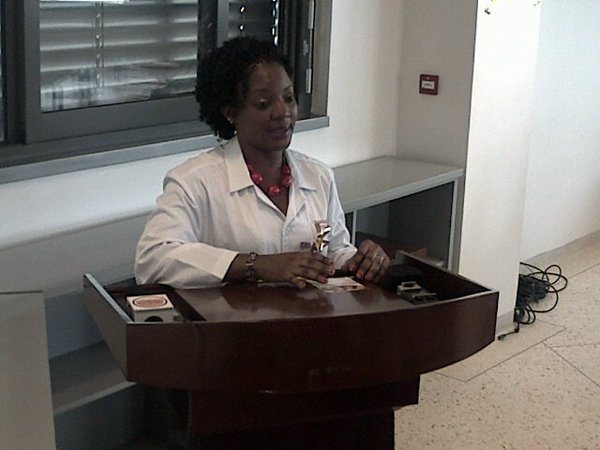
A leading Ugandan health expert has warned that the country still faces unprecedented deaths related to HIV/AIDS mainly among the pediatric and adolescent age group. HIV is the second leading cause of deaths among adolescents in Uganda, reported to be at 11%, according to statistics at the ministry of health.
According to Dr. Sabrina Kitaka, a Makerere University pediatrician and adolescent health specialist, although a significant proportion of infected children survive and graduate into teenage years, Uganda still experiences high death rates among adolescents due to the HIV/AIDS scourge.
Kitaka said that the government needs to rekindle its efforts towards the goal of consolidating and renewing financial and political commitment to HIV/AIDS prevention and treatment with a focus on children.
“The care, treatment and prevention of HIV must be prioritized. The government must ensure that each school has adolescent programs to help provide information to young people regarding HIV prevention and reproductive health,” said Kitaka.
She was on Friday speaking during the 8th National pediatric and adolescent HIV/ AIDS conference at Hotel Africana organized under the theme “Closing the gaps in Pediatric and adolescent HIV/AIDS care now: Making 90/90/90 a reality.”
She said many schools lack programs on HIV prevention and that many young people especially girls have resorted to talking to school matrons during difficult situations.
“Adolescents go through a lot of changes. They go through a lot of psychosocial stress and emotional discomfort and some of them end up becoming depressed and harming themselves. I would like to call upon the ministry of education, the ministry health and ministry of gender to ensure that every school has an adolescent health program that cares for these young people”
Dr. Kitaka said that HIV is the second leading cause of deaths among adolescents in Uganda and that globally it is estimated that over 300 deaths occur every day according to a report by the Joint United Nations Programme on HIV/ Acquired Immune Deficiency Syndrome (UNAIDS 2014).
****
editor@independent.co.ug
 The Independent Uganda: You get the Truth we Pay the Price
The Independent Uganda: You get the Truth we Pay the Price



